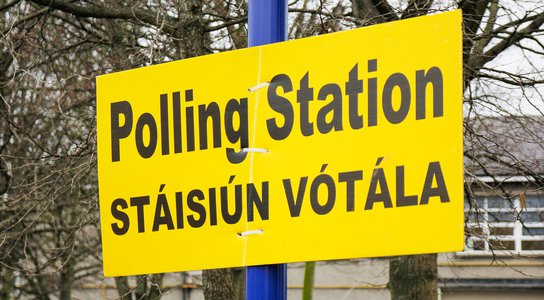10 January 2022 – Big social media firms, like Facebook, Twitter, TikTok and YouTube, must immediately implement emergency measures in Brazil to address the spread of disinformation and calls to violence that are contributing to the violent protests in Brasilia in recent days.
In scenes reminiscent of Trump supporters storming the US Capitol in 2021, thousands of supporters of former President Jair Bolsonaro have ransacked the Congress building, as well as the presidential palace and supreme court in Brasilia.
The Brazilian media outlet Aos Fatos has already highlighted dozens of posts on social media platforms, with tens of thousands of shares and hundreds of thousands of views, urging protesters to storm Brazilian state buildings and denying the legitimacy of October’s presidential elections.
It follows a series of investigations by Global Witness, ahead of the vote, that exposed the failure of Facebook and YouTube to prevent election disinformation being spread on their platforms in Brazil.
Ava Lee, Interim Director of Campaigns at Global Witness, said:
“There is no doubt that much of this attempt to overturn the results of the election was instigated, organised, and fuelled on social media. Throughout the tense election period we exposed how Facebook and YouTube were consistently failing to identify disinformation on their platforms; these ugly scenes in Brasilia are exactly why it is so important social media firms act.
“When rioters stormed the US Capitol in 2021 companies like Facebook responded by implementing emergency ‘break the glass’ measures to restrict the flow of harmful content. It is vital that social media companies respond with the same level of seriousness for Brazil and show that they have both learned lessons from two years ago and treat these users with equal care wherever they are in the world.
“It was clear that this would be a tense vote in Brazil and yet, as our investigations showed, time and time again platforms like Facebook and YouTube accepted election disinformation for publication. These companies must ensure that their moderation systems are fit for purpose – our democracies depend on it.”
Ahead of last year’s presidential elections in Brazil, Global Witness carried out three separate experiments that revealed how terrible Facebook and YouTube were at detecting election disinformation. In August, 100 percent of ads we submitted to Facebook were approved for publication, including ones that had the wrong date of voting, denied the credibility of the election and urged people not to vote. In September, half of the same ads we submitted to Facebook were approved for publication and in October, during the final run off, every single ad containing election disinformation we submitted to YouTube was approved for publication.
In the wake of the violence in Brasilia Global Witness is calling on social media firms to immediately implement “break the glass” measures and declare publicly what else they are doing to combat disinformation and incitement to violence in Brazil, and how those efforts are being resourced.


